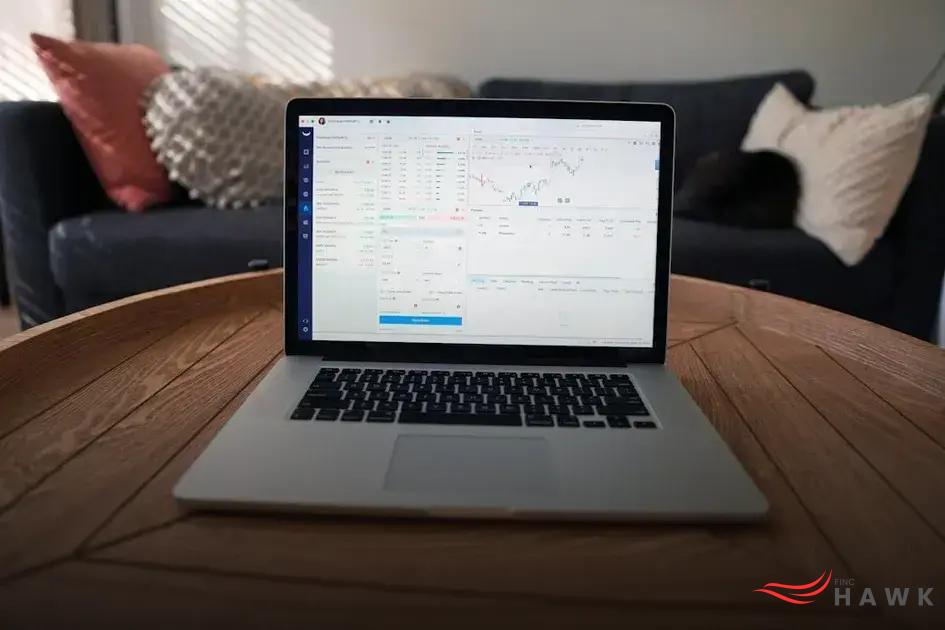Investing in Emerging Markets can promise exciting opportunities but comes with inherent risks. Understanding these markets is key to navigating their dynamic landscape, from rapidly growing economies to potential financial instabilities. In this post, we will delve into the intricacies of emerging economies, weigh the risks against the opportunities, and explore strategies to maximize your investment potential. Stick around as we shed light on this complex yet rewarding investment frontier.
Understanding Emerging Economies
Emerging economies are dynamic and evolving, playing a crucial role in the global financial landscape. With countries like China, India, and Brazil leading the way, these markets are characterized by rapid economic growth and industrialization. Investors are drawn to emerging markets due to their potential for high returns and the opportunity to diversify portfolios.
The expansion of middle-class populations and increasing consumer demand are driving economic activities in these regions. Urbanization and modernization of infrastructure pave the way for further development, making these economies attractive destinations for investment.
However, understanding the nuances of these economies requires a thorough analysis of their political stability, regulatory frameworks, and economic policies. Factors such as currency volatility and inflation can impact investment outcomes, requiring investors to stay informed and agile.
Global Trends
Emerging economies are often influenced by global economic conditions. Changes in interest rates and trade policies in established markets can have ripple effects on these developing regions. As such, keeping a keen eye on global economic trends is essential for investors looking to capitalize on the opportunities within emerging markets.
Key Risks When Investing

When investing in emerging markets, several risks should be carefully considered. Market Volatility: Emerging markets can be more volatile than developed markets, with greater fluctuations in stock prices and currency values. This volatility can be influenced by political instability, economic changes, or social unrest. Political and Economic Risks: Political decisions and economic policies can dramatically impact investments. Sudden policy changes, taxation, and nationalization of industries could negatively affect market stability. Currency Risk: Fluctuations in foreign exchange rates can lead to losses. Developing countries often experience higher inflation rates, impacting the value of returns when converted back to your home currency. Liquidity Risks: Some markets may have lower levels of liquidity, making it harder to buy or sell assets quickly without affecting the price. This can lead to difficulties in exiting investments when needed. Regulatory Risks: The regulatory environment in emerging markets can be less mature than in developed countries. It is crucial to understand laws related to foreign investment, property ownership, and taxation, as these can pose significant challenges. Operational Risks: Investing in infrastructure or resources comes with operational challenges, such as inadequate infrastructure, local supply chain issues, or difficulties in accessing or transporting goods. Socio-cultural Risks: Cultural differences can influence consumer behavior and market dynamics. Understanding these nuances can be vital in predicting market trends and investment outcomes.
Opportunities for Growth
Investing in emerging markets offers a multitude of growth opportunities for savvy investors willing to navigate the complexities and challenges unique to these economies. These markets, often characterized by rapid industrialization, increasing consumer bases, and burgeoning middle classes, provide fertile ground for substantial returns. Investors can find promising growth in industries like technology, healthcare, and renewable energy. Companies within these sectors are often positioned at the forefront of innovation, ready to capitalize on changing consumer preferences and increasing demand.
Technological advancements play a crucial role in this growth narrative. Emerging markets are leapfrogging older technologies, moving straight to the latest innovations. This can be seen in the widespread adoption of mobile banking and digital payment systems, which are revolutionizing financial accessibility and inclusion.
Another
important opportunity
lies in infrastructure development. Governments in emerging markets are investing heavily in infrastructure projects, from transportation systems to energy production, to support economic growth. These investments not only enhance productivity but also attract foreign investment, creating a cycle of growth and development.
Lastly, the growing middle class in these economies presents significant opportunities for consumer-focused businesses. As disposable incomes rise, demand for goods and services, from retail to education, increases, providing a fertile landscape for companies looking to expand their reach.
By identifying and strategically investing in these key areas, investors can tap into the growth potential of emerging markets. However, it’s crucial to stay informed and adaptable to the rapidly evolving economic and political landscapes that characterize these regions.
Strategies for Successful Investment

When navigating the dynamic landscape of emerging markets, employing the right investment strategies is crucial. Emerging markets, known for their rapid growth potential and volatility, require a nuanced approach.
Diversification is Key
Begin by spreading investments across various sectors and geographic regions to mitigate risks tied to economic and political instability. This approach also offers exposure to a wider range of opportunities.
Stay Informed
Keeping abreast of economic indicators, government policies, and market trends in emerging economies is vital. Investors should consistently monitor news outlets, financial reports, and market analyses to make informed decisions.
Leverage Local Expertise
Collaborating with local financial advisors can provide valuable insights into market intricacies and cultural norms that affect business operations.
Consider Long-term Horizons
Despite short-term volatility, having a long-term perspective can yield substantial returns as emerging markets often exhibit greater growth rates compared to developed counterparts.
Assess Currency Risks
Fluctuations in currency values can significantly impact returns. Investors should evaluate hedging options to protect against adverse currency movements.
Adopt a Flexible Approach
Being adaptable allows investors to capitalize on burgeoning market opportunities while swiftly responding to any arising risks. By integrating these strategies, investors can effectively balance the risks and rewards associated with investing in emerging markets.





